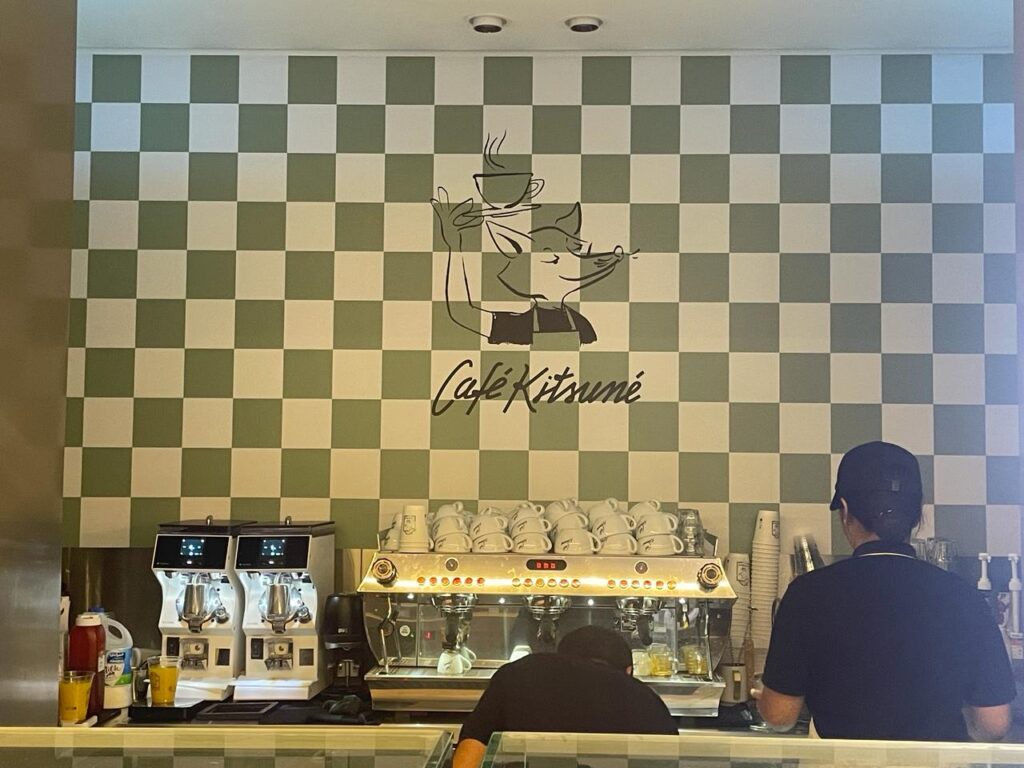RIYADH: The Saudi business sector is ready to offer its Japanese counterpart the chance to enter the Kingdom’s vast market and take full advantage of commercial opportunities through partnerships.
Speaking to Arab News ahead of Japanese Prime Minister Shinzo Abe’s visit to the Kingdom, Tariq Al-Qahtani, chairman of the Saudi-Japanese Business Council (SJBC), said the door was wide open for expanding trade relations between the two nations.
According to Al-Qahtani, among potential benefits for Japanese businesses were access to information about opportunities and the market in Saudi Arabia, as well as presence at conferences, meetings and exhibitions organized jointly with the SJBC.
He said such forms of cooperation would create the right environment for the development of successful trade and investment partnerships.
“We continue to aspire to further achievements, taking advantage of the Saudi-Japanese Joint Vision 2030, to launch initiatives and strategic objectives that will contribute to the creation of a trade and investment environment that supports the growth of economic relations with added value to the economies of the two friendly countries,” he added.
Al-Qahtani pointed out the importance of greater interaction at the private-sector level, support for partnerships and expansion of channels of cooperation between Saudi and Japanese business owners.
The objective is to take advantage of Japanese expertise in sectors identified by Vision 2030 and government support to the private sector in the two countries, as well as to forge strategic partnerships aimed at expanding investments in either direction.
More broadly, increased cooperation between Saudi and Japanese businesses will help remove obstacles to the expansion of economic relations between the two countries, Al-Qahtani said.
“We are very optimistic about the nature of economic relations and we are confident they will touch new levels. Our relationship has tremendous potential for expansion given the strong economic fundamentals and common vision of both countries.”
Al-Qahtani noted that there was a need to speed up implementation of existing cooperation agreements in different fields, including the establishment of direct maritime and air transport links, and to hold exhibitions of Saudi and Japanese products in accordance with their respective rules and regulations.
“We hope that the joint projects will contribute to the growth of economic relations between the two friendly countries. As Saudi business owners, we look forward to expanding cooperation and communication with Japanese business owners for the benefit of both parties under the wise leadership of their leaders.”
The business chief praised the attention being paid to the economic dimension of the Saudi-Japan relationship by the two governments.
“The reciprocal visits are an indication that Saudi-Japanese economic relations have a strong institutional base,” he said.
Al-Qahtani added that there were still many potential areas of cooperation between the Kingdom and Japan considering the very different advantages each country could offer.
“In light of Saudi Vision 2030 and Japan’s strengths, the target areas of cooperation are heavy industry, shipbuilding, air and sea transport, logistics, infrastructure projects, mining, manufacturing, petrochemicals and gas, pharmaceuticals and plastics,” he said.
The sectors offer Saudi and Japanese companies promising investment opportunities in each other’s markets.
“Our role through the SJBC is to introduce these opportunities and enhance them through joint economic meetings and forums in coordination with relevant government entities,” Al-Qahtani added.
Nouf Alrakan, who became a member of the SJBC’s executive committee in 2016, told Arab News that both Saudi Arabia and Japan offered opportunities for growth and complemented each other in many ways.
“We have already started seeing progress and results in some areas. I am sure that we will continue seeing more as the understanding of, and work on, the fundamentals of Saudi Vision 2030 continues,” she said.
Alrakan’s interest in Japan grew over years of business visits and conferences, and especially after she had completed her business research in late 2014.
“I was given a unique opportunity by the Japan Foundation to conduct research on Japanese small- and medium-sized businesses. This gave me a whole different level of understanding of the potential we have in the Saudi-Japan bilateral relationship.”
She pointed out that given Saudi Arabia was looking to diversify its economy away from oil and gas, Japan offered the best example of a country that had built its economy not on natural resources but through determination and resilience.
“Japan is advanced in many fields and also has one of the best small- and medium-sized enterprise (SME) support structures,” Alrakan said.
“At the same time, Saudi Arabia is working on strengthening and building a strong support system for its SMEs. The two countries do very good trade in the automotive and oil industries. We want to see the same success replicated in areas like medicine, technology and education.”
Al-Qahtani said the SJBC had contributed to many achievements and joint strategic projects, most significantly deepening relations and increasing the volume of trade and investment between Saudi Arabia and Japan.
He added that the SJBC had helped to build “bridges of cooperation between the two sides in the field of SMEs, with the Saudi side benefiting from Japanese experience in this field since the signing of three initiatives with the Japanese side in February 2014 during King Salman’s visit to Japan (when he was the crown prince).
“Firstly, (the initiatives) increased exchange between young entrepreneurs in both countries. Secondly, they increased bilateral meetings between SMEs in both countries. And thirdly, they led to the involvement of Japanese experts in different fields for organizing Japanese management seminars for Japanese professors visiting the Kingdom as part of a knowledge-exchange program.”
Regarding tourism and the exchange of tourist delegations between both countries, Alrakan said that the Saudi Commission for Tourism and National Heritage (SCTH) was working on specific plans aimed at Japanese visitors.
“We have started seeing Japanese interest. Last week a Japanese woman visited Saudi Arabia looking for opportunities to start special programs for both Saudis and Japanese. We are working to support all of these efforts,” she added.
Abdulrahman Aldebel, who joined the SJBC in 2018, noted that there were a number of international bodies, such as the UN World Tourism Organization (UNTWO), which aimed to promote and develop sustainable tourism to contribute to the economic development of each region.
“Each country can collaborate with the UNTWO. Saudi Arabia, for example, can tap into the upcoming 2020 events, such as the G20 summit in November.
“Japan, as a member country, is a driving force for addressing as well as planning at the engagement group level for exchanges involving tourism, education, culture, geo-tourism, et cetera. This is being discussed inside the council,” he said.
Aldebel, who coordinates the SJBC’s meetings in Tokyo, added: “Since its inception in 1992, our company, GAS Arabian Services Co., Ltd, has continuously fulfilled its mission – namely, providing integrated solutions covering a wide range of products and services in the fields of integrated services for oil, petrochemical, chemical and process industries.”
Through the years, Aldebel said, GAS has been well served by partnerships with reputable original equipment manufacturers (OEMs) including Japanese corporations Ebara (Elliott Group), Yokogawa and Eagle Industry.
“GAS has developed and improved its business relationship of more than two decades with these Japanese OEMs catering to the Saudi market,” he added.
Looking to the future and noting that the next SJBC meeting was scheduled for May 2020, Aldebel said he regarded the SJBC as an indispensable vehicle for the promotion of Saudi-Japan trade, investment opportunities in finance, energy and industry, and support for SMEs.




















